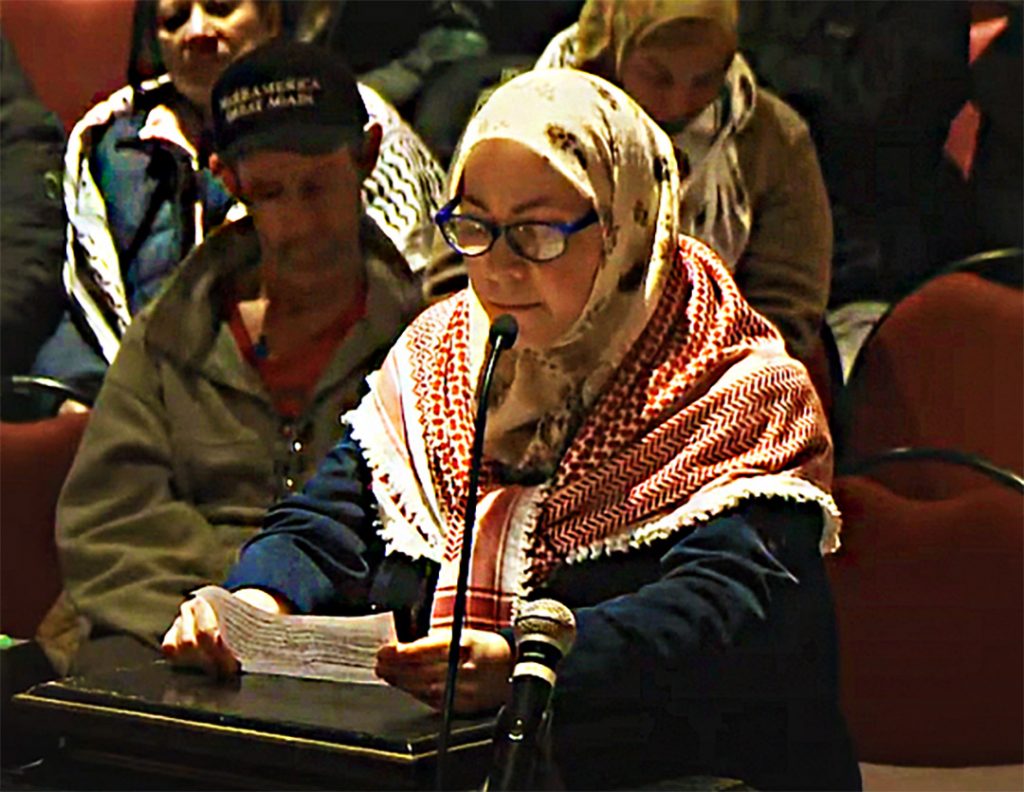Our coverage of City Council affairs usually involves scrutiny, exposé and a healthy dose of criticism. Every governing body is prone to fallibility, error and even controversy; every government also makes decisions that deserve recognition.
So it is with the City Council’s recent choice to refrain from issuing a resolution on the Israel-Hamas war. We don’t often agree with the City Council’s decisions, but in this case, we believe they made the right one.
Councilors Josh Denton and Kate Cook had put forward a resolution calling for a cease-fire in the 5-month conflict between Israel and Hamas. Most people in the United States would like to see peace in this region and elsewhere, but for a small town on the coast of New Hampshire to wade into international politics would be presumptuous at best.
Residents shared strong feelings on the topic during the Council meeting. Some had relatives in Israel, and had even lived there themselves.
The first resident who spoke said that his parents, sibling and daughter live in Israel. He was upset about “the repeated claim of genocide” that critics have levied against the Jewish state.
Israel has made over 12 million phone calls and dropped leaflets to warn civilians to leave areas before it launches an attack, he said, adding, “That is not what armies do that intend to commit genocide.”
Another resident said he’d experienced anti-Semitism right here in Portsmouth, stating that as he placed a sign in his yard to show support for Israel, someone drove by and shouted an anti-Semitic slur at him. Later, his sign was stolen.
Other residents appeared wearing Palestinian keffiyehs, and insisted that Israel’s actions amount to genocide. They thanked Councilors Cook and Denton for drafting the resolution, but regretted that the resolution did not use the term.

Residents spoke for and against the resolution calling for a cease-fire.
At various times, the Palestinian supporters could be seen shaking their heads as other residents spoke against adopting the resolution.
The resolution’s supporters combined their outrage over the war with terminology from American social justice movements.
One woman who expressed her support referred to Palestinians as oppressed, marginalized, and indigenous. She also claimed that asking activists why they haven’t condemned Hamas is “like telling black people that ‘all lives matter.’”
Ultimately, the Council agreed that it simply was not germane for the City to make a proclamation about the war. It was the right call, and not just for this situation.
If the Council had decided to weigh in on this issue, it would have opened the door for devotees of every social cause to demand a resolution on every major and minor issue – regardless of its relevance to actual City Council business.
This would consume valuable time and create endless distractions in every City Council meeting.
Perhaps the most significant part of this discussion was the lack of disorder and violence that have characterized city council meetings in other places when this issue was presented. During Portsmouth’s City Council meeting, there were no fights, no shouting, no need for police intervention.
Regardless of where one stands on the conflict in Gaza, everyone in Portsmouth can be proud of the manner in which this discussion took place. In the absence of any resolution or public statement, let our civility and decency be our example to the world.










